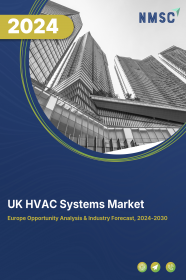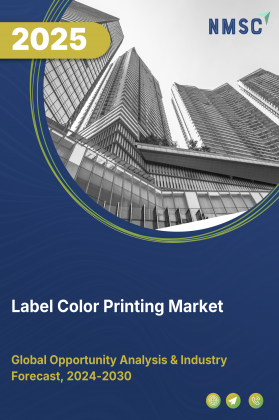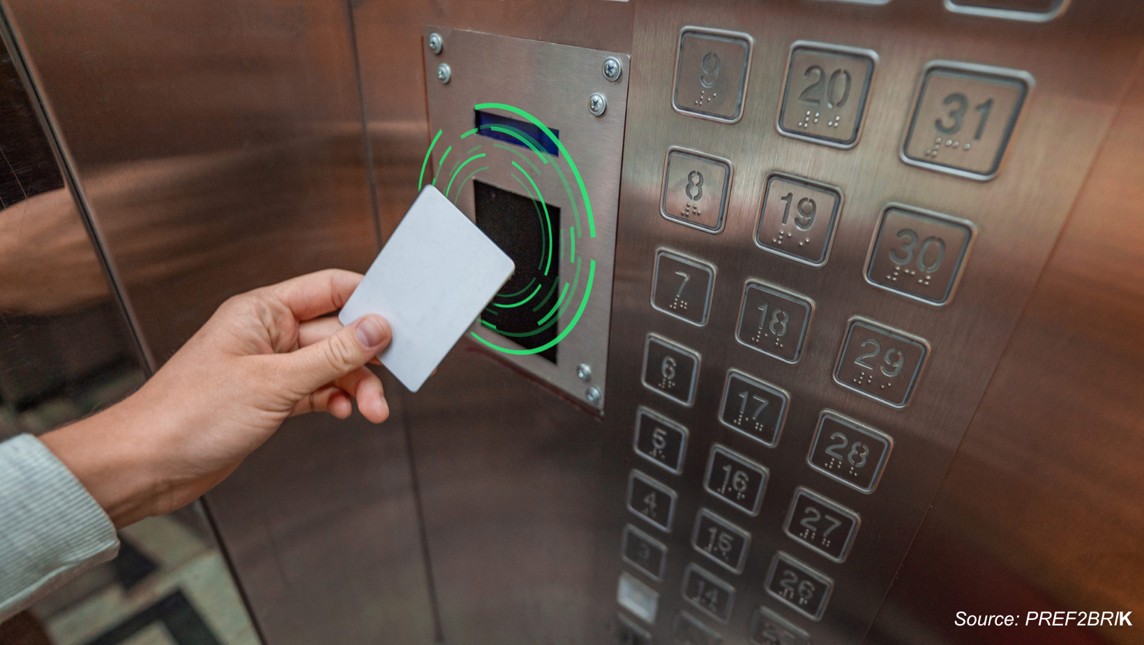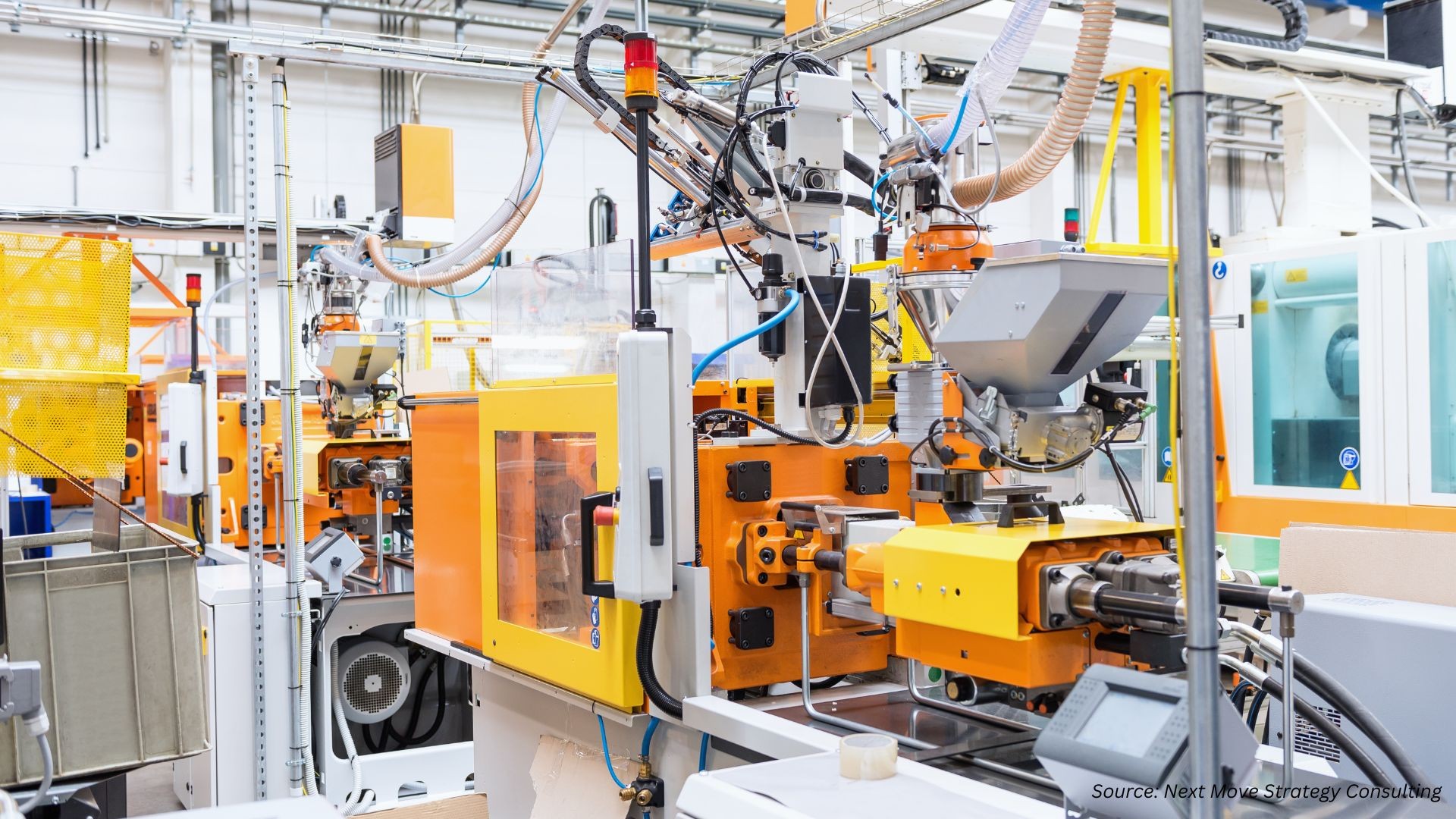
The UK HVAC Systems Market by Equipment (Room‐Level Air Conditioners, and Others), by System Type (Centralized Systems, and Others), by Implementation Type (New Construction Buildings, and Retrofit Buildings), by Technology (Inverter Technology, and Others), by Energy Efficiency (1 Star, and Others), by Capacity (Up to 1.5 Ton, and Others), by Installation/Mounting (Wall-mounted, and Others), by End User (Commercial, and Others) - Opportunity Analysis and Industry Forecast, 2024– 2030.
Industry: Construction & Manufacturing | Publish Date: 15-Oct-2025 | No of Pages: 217 | No. of Tables: 193 | No. of Figures: 118 | Format: PDF | Report Code : CM1923
Market Definition
The UK HVAC System Market size was valued at USD 6.95 billion in 2023, and is predicted to reach USD 9.08 billion by 2030, at a CAGR of 3.3% from 2024 to 2030.
HVAC (Heating, Ventilation, and Air Conditioning) refers to the technology and systems used in buildings to regulate indoor environmental conditions such as temperature, humidity, and air quality to ensure comfort and safety for occupants. Heating systems provide warmth during colder months, ventilation systems circulate and replenish indoor air, and air conditioning systems cool and dehumidify indoor air during warmer months.
HVAC systems offer several advantages, including improved occupant comfort and health, increased energy efficiency leading to cost savings, better indoor air quality through filtration and ventilation, precise temperature control for enhanced productivity in commercial settings, and protection of building infrastructure from extreme weather conditions. Additionally, these systems can be designed to meet specific requirements, contributing to sustainability goals by reducing carbon emissions and promoting eco-friendly practices in building operations.
Net-zero Commitments and Retrofit Programs Accelerate Market Demand
The UK’s pathway to achieving net-zero emissions by 2050 is transforming the HVAC landscape, with energy efficiency and carbon reduction becoming key policy drivers. In response, there is rising demand for low-emission, high-performance HVAC solutions that align with national climate goals. Technologies such as air-source and ground-source heat pumps, heat recovery ventilation systems, and hybrid renewable-integrated HVAC units are becoming increasingly essential.
At the same time, extensive retrofit initiatives targeting older housing stock and public infrastructure—many of which suffer from poor insulation and outdated heating systems—are catalyzing a surge in HVAC upgrades. Government-backed schemes focusing on energy performance improvements are accelerating adoption across residential and institutional sectors, further fueling market expansion.
Heightened Health Awareness Drives Uptake of Advanced Ventilation Solutions
Post-pandemic priorities have reshaped indoor environmental expectations, placing air quality and occupant wellbeing at the forefront of building design. This shift is particularly visible in healthcare, education, and commercial buildings, where enhanced ventilation and filtration systems are now considered essential.
Regulatory updates, including the revised Building Regulations Part F, have further solidified the importance of proper airflow and air hygiene. In response, demand is growing for HVAC systems equipped with mechanical ventilation, HEPA filtration, and smart air quality monitoring features. The focus on occupant health and long-term indoor air safety continues to act as a structural driver for both new installations and system upgrades across the UK market.
Regulatory Complexity and Compliance Burden Challenge Market Players
Despite favorable growth conditions, the UK HVAC systems market faces mounting pressure from an increasingly intricate regulatory framework. Compliance with evolving standards—spanning energy conservation, emissions reduction, refrigerant controls, and indoor air quality—poses both logistical and financial burdens, especially for smaller market participants.
Key regulatory pillars such as Parts L and F of the Building Regulations, F-Gas restrictions, and the Minimum Energy Efficiency Standards (MEES) demand constant adaptation, workforce training, and certification. The shifting post-Brexit legislative environment adds further uncertainty, complicating planning and investment decisions. This regulatory volatility can delay technology deployment and act as a deterrent for innovation and new market entry.
Growing Momentum for Solar-integrated Hvac Systems Unlocks New Potential
The growing integration of solar energy with HVAC systems presents a transformative opportunity for the UK market, offering a sustainable alternative to conventional grid-dependent solutions. Solar-powered HVAC units—augmented by advancements in photovoltaic panels, energy storage, and intelligent energy management—are becoming more practical for both commercial and residential applications.
This trend aligns with the UK’s emphasis on energy security, decarbonization, and reduced reliance on volatile fossil fuel markets. Solar-assisted HVAC systems not only help lower energy bills and carbon footprints but also enhance resilience against grid disruptions. As the market shifts toward net-zero-ready buildings and energy-positive infrastructure, solar-integrated HVAC solutions are poised to gain substantial ground.
Competitive Landscape
The market players operating in the UK HVAC System market includes Daikin Industries, Ltd., Carrier Corporation, Mitsubishi Electric Corporation, Trane Technologies, Robert Bosch GmbH, Midea Group Co., Ltd., LG Electronics Inc., Panasonic Corporation, Lennox International Inc., Danfoss A/S, BDR Thermea Group, Vaillant Group, Worcester Bosch (Bosch Group), Honeywell International Inc., Samsung Electronics, Toshiba Air Conditioning (Toshiba Carrier UK), Viessmann Limited, Systemair, Zehnder Group UK Ltd., Aermec UK Ltd., and others.
The UK HVAC System Market Key Segments
By Equipment
-
Room‐Level Air Conditioners
-
Window
-
Portable
-
Cassette (ceiling-mounted)
-
Floor-standing console
-
-
Split Air Conditioners
-
Single-split (1 indoor + 1 outdoor)
-
Multi-split (≥2 indoors + 1 outdoor)
-
VRF/VRV
-
-
Packaged & Central AC Units
-
Rooftop packaged units
-
Self-contained packaged units
-
Central chiller and AHU systems
-
-
Chillers
-
Air-cooled
-
Water-cooled
-
Absorption
-
-
Heating Equipment
-
Heat Pumps
-
Furnaces
-
Boilers
-
Unit Heaters
-
-
Ventilation Equipment
-
Air Handling Units (AHUs)
-
Fans & Blowers
-
Air Filtration Systems
-
Air Purification Systems
-
-
Humidity Control
-
Humidifiers
-
Dehumidifiers
-
-
Cooling Towers
-
Controls & Thermostats
By System Type
-
Centralized Systems
-
Decentralized Systems
-
Hybrid Systems
By Implementation Type
-
New Construction Buildings
-
Retrofit Buildings
By Technology
-
Inverter Technology
-
Non-Inverter Technology
-
Smart/IoT-enabled
-
Conventional
By Energy Efficiency
-
1 Star
-
2 Star
-
3 Star
-
4 Star
-
5 Star
By Capacity
-
Up to 1.5 Ton
-
1.5-3 Ton
-
3-5 Ton
-
Above 5 Ton
By Installation/Mounting
-
Wall-mounted
-
Ceiling-mounted
-
Floor-standing
-
Ducted
-
Window-mounted
-
Portable
By End User
-
Commercial
-
Offices
-
Hospitality (Hotels, Restaurants)
-
Healthcare
-
Education
-
Retail
-
Airports
-
-
Residential
-
Industrial
Key Players
-
Daikin Industries, Ltd.
-
Carrier Corporation
-
Mitsubishi Electric Corporation
-
Trane Technologies
-
Robert Bosch GmbH
-
Midea Group Co., Ltd.
-
LG Electronics Inc.
-
Panasonic Corporation
-
Lennox International Inc.
-
Danfoss A/S
-
BDR Thermea Group
-
Vaillant Group
-
Worcester Bosch (Bosch Group)
-
Honeywell International Inc.
-
Samsung Electronics
-
Toshiba Air Conditioning (Toshiba Carrier UK)
-
Viessmann Limited
-
Systemair
-
Zehnder Group UK Ltd.
-
Aermec UK Ltd.
Report Scope and Segmentation
|
Parameters |
Details |
|
Market Size in 2023 |
USD 6.95 Billion |
|
Revenue Forecast in 2030 |
USD 9.08 Billion |
|
Growth Rate |
CAGR of 3.3% from 2024 to 2030 |
|
Analysis Period |
2023–2030 |
|
Base Year Considered |
2023 |
|
Forecast Period |
2024–2030 |
|
Market Size Estimation |
Billion (USD) |
|
Growth Factors |
|
|
Companies Profiled |
20 |
|
Market Share |
Available for 10 companies |
|
Customization Scope |
Free customization (equivalent up to 80 working hours of analysts) after purchase. Addition or alteration to country, regional, and segment scope. |
|
Pricing and Purchase Options |
Avail customized purchase options to meet your exact research needs. |

















 Speak to Our Analyst
Speak to Our Analyst
























